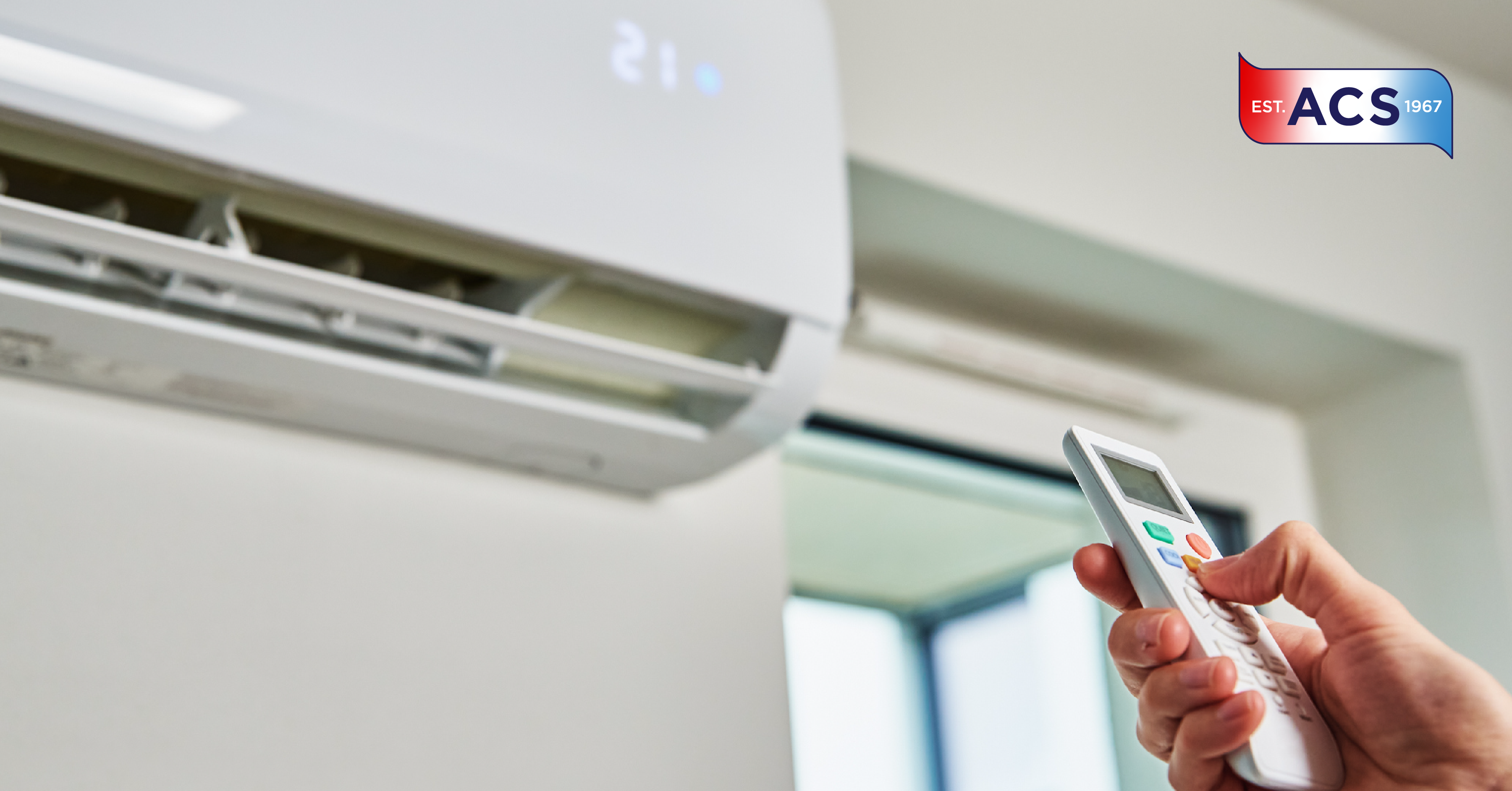Air conditioning problems are one of the worst stressors a homeover could have, particularly for those suffering through hot and humid Georgia summers. AC short cycling, in particular, is one of the most common HVAC issues homeowners encounter. That said, it’s wise to learn about preventative measures you can take to skip the short cycling stress and maintain your unit’s performance.
At ACS, we offer premium HVAC repair, replacement, and regular maintenance to the Georgians who need it most. With decades of valuable industry experience, our NATE-certified technicians deliver unparalleled client satisfaction and top-quality service you won’t find anywhere else.
In this article, we’ll deep dive into AC short cycling and its impact on your home HVAC by answering the following questions:
- What is AC Short Cycling?
- What Causes AC Short Cycling?
- How can you Prevent AC Short Cycling?
What is AC Short Cycling?
Short cycling occurs when an air conditioner’s cooling cycle stops prematurely and then intermittently turns back on and off. Generally, air conditioning systems will undergo three cooling cycles per hour in hot climates, each lasting about ten minutes. The star of any cooling cycle is the compressor, which compresses and circulates refrigerant through the condenser and other parts of your AC system. If your unit is short cycling, the compressor will sporadically turn on and off, signaling to start the cooling cycle and then abruptly stopping. This detrimental process will wear down your compressor and, consequently, impact your unit’s ability to cool your home.
What Causes AC Short Cycling?
AC short cycling can have several root causes. Fortunately, many of these issues are quick fixes that can be easily avoided with the proper preventative measures. Read below to learn about some of the most common causes of short cycling and how to prevent them.
Dirty Air Filters
Blockages in your air filters can restrict airflow and strain your AC unit by, you guessed it, short cycling. Restricted airflow often leads to overheating. And when your system overheats, it will typically shut down as a safety precaution, cutting your cooling cycle off as a result. Our experts advise changing your air filter every month or two to mitigate your risk of short cycling and maintain consistent airflow through your system.
Low Refrigerant
Refrigerant is the key ingredient to your air conditioner’s cooling process. Your system uses refrigerant to absorb indoor heat and release it outdoors. However, for this heat transport to occur, your refrigerant must remain at a set level. If levels drop because of a leak, your system will experience extra strain that may lead to short cycling. An HVAC professional should always handle improper refrigerant levels.
An Incorrectly-Size AC Unit
Unfortunately, AC units aren’t one size fits all. And even if your unit is just a tad too big or too small, it can still have significant repercussions. If your unit is oversized, it will likely cool down your space too quickly and cause your unit to prematurely turn off before the cooling cycles finish. Meanwhile, an undersized unit will lack the power to cool your space, resulting in overheating and abrupt system shutdowns. The only way to fix this issue is to call the professionals for a new, suitably sized unit installation.
Thermostat Issues
A lot of times, short cycling stems from thermostat issues. For instance, a miscalibrated thermostat might incorrectly gauge your indoor temperature and signal system shutdowns at incorrect times. This can also occur if your thermostat is installed in a spot near direct sunlight or heat-generating appliances, as this will cause it to misread temperatures and turn off your system accordingly.
Frozen Evaporator Coils
Frozen evaporator coils often lead to overheating and, subsequently, short cycling. During the cooling process, the compressor moves cold refrigerant into the evaporator coil and then a fan blows warm air over it. Then, heat is removed, and cool air is distributed throughout the targeted space. A dirty or frozen evaporator coil disrupts this process and leads to system strain, overheating, and, sometimes, short cycling. If your evaporator coil is frozen, shut your system completely off for 24 hours to let it defrost. Call your local HVAC specialist if the issue persists after the 24-hour mark.
HVAC Heating and Cooling with ACS
If you need heating and cooling services for your home this summer, you can count on ACS to get the job done. With decades of industry experience, our certified HVAC technicians will optimize your indoor comfort with our premium HVAC services. Connect with our team today for top-quality HVAC maintenance, repair, or installation in Covington, Milledgeville, and surrounding areas.


